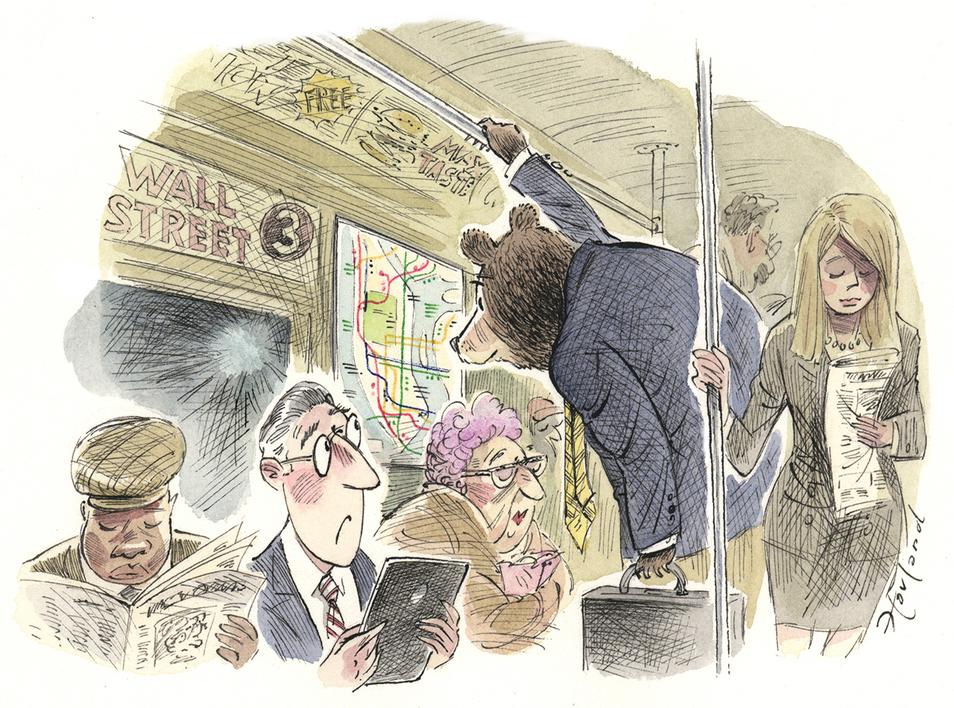
Fresh off a weekend visit to the “capitalist Woodstock,” Warren Buffett’s annual shareholders meeting, Vanguard Founder John Bogle addressed an interesting question that must bug any retirement investor who relies on index funds.
Bogle was asked on Monday to explain if the move by investors toward index-style exchange-traded funds (ETFs) isn’t creating a new kind of risk.
Namely, what will those investors do when the market inevitably turns sour?
Over the weekend, Bogle had said that a stock market that is 75% indexed would be a tipping point, but in the interview he backtracked. “What indexing does is neutralize a large part of the stock market. There’s no trading in those stocks, or almost none,” Bogle explained.
If that neutralization effect were to double to half the market, yes, trading levels would decline, Bogle said. “Turnover in the market is now around 250%. Theoretically, it would turn down to 125%,” Bogle told CNBC.
Nevertheless, even at 125%, “that’s a huge turnover,” he said. “When I came into this business it was 25% a year. Nobody knows how these things will fit together. But I think indexing can grow an awful lot more before it takes any kind of efficiency out of the market.”
One early sign of problems might show up in the smaller, less liquid parts of the ETF market, Bogle warned, such as funds set up to track the price of gold.
“It’s the trading in the microscopic divisions, in the tiny parts, that will cause trouble with the ETFs. I don’t look at the traditional funds as being threatened,” Bogle said.
Those traditional funds are “largely S&P, total stock market, total international bond market. Those are the dominant forms of investment for the traditional funds like ours, and that’s where the money is going, mostly.”
He also had some words for those who might look forward to a majority-indexed stock market as an opportunity: Be careful what you wish for.
Big retirement gains
“They say if the market gets inefficient, it will be a lot easier to make money for active managers,” Bogle said.
“Sure it will, but it will also be easier for those active managers to lose money because there has to be people on both sides of that equation,” Bogle said. “They’re trading with each other! It’s so simple.”
Bogle, who just turned 88, has spent his career popularizing the index fund approach. Buffett feted Bogle at the weekend event, saying that lower fees are a boon to the retirement investor.
Buffett recently called Bogle a “hero” who had “probably done more for the average investor than any man in the country.”
At weekend event, Buffett said that low-cost index fund investing would put “10s and 10s and 10s of billions into their pockets, and those numbers are going to be 100s and 100s of billions over time.”
That’s the power of compounding at work. Index investors get fee savings that turn into big retirement gains, if you catch it early and stick to a plan. That’s how you retire with more.





